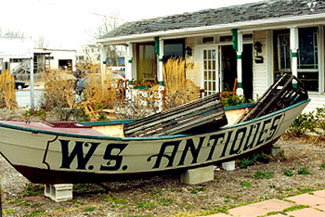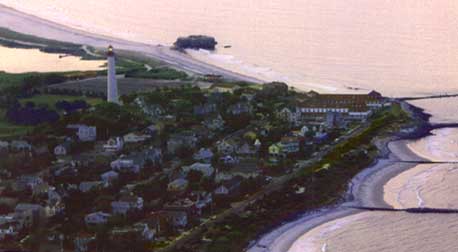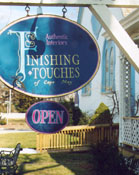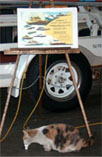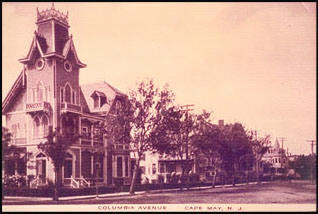The month of April blessed southern New Jersey with a good amount of rain. Despite a continuing statewide drought emergency in New Jersey, nature has been kind to Cape May again this year. Abundant blossoms and budding flowers are everywhere! Tulips, which have been a tradition here owing to the legendary origins of Cape May… Read more »

